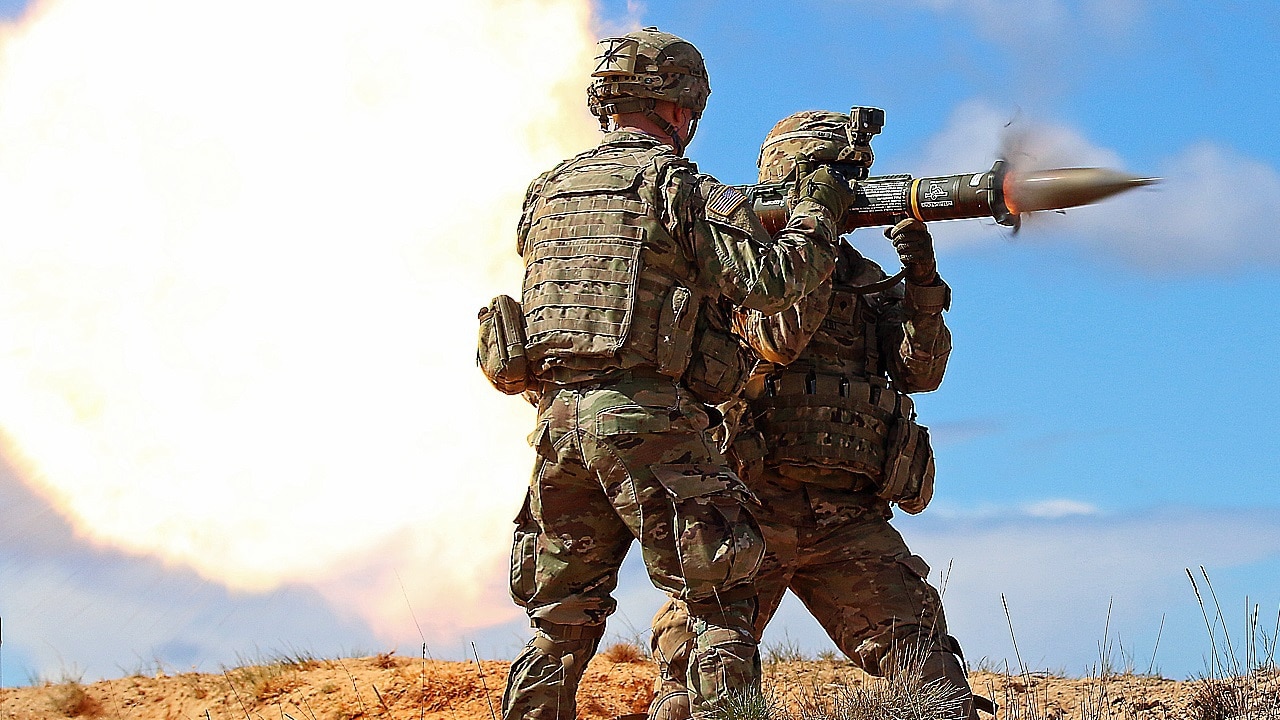If Germany Sanctions Russian Gas, Its Economy Could Go Into a Depression – According to the Joint Economic Forecast, which was prepared by several German institutes that study economic and financial matters, Germany’s economy would lose 6.5% of its annual output over the next two years if the country follows the United States’ lead and sanctions Russian gas.
The forecast, compiled by the Halle Institute for Economic Research, RWI, the Kiel Institute for the World Economy, and the German Institute for Economic Research, found that immediate sanctions on the importation of Russian gas would hit the German economy to the tune of $238 billion in economic output in 2022 and 2023.
What the Economists Say
Economists outline in the report how Germany, the biggest economy in Europe, would enter into a “sharp recession” in the event of Russian gas sanctions – a problem that would ultimately affect the 26 other European Union member nations that have, in some cases, substantially smaller economies than Germany that rely on the European Union’s larger economies.
“The decision to become independent from Russian supplies of raw materials is likely to remain valid even when the military and political situation calms down again,” the report reads, according to a translation from Bloomberg. “That means part of the energy supply and energy-intensive industry must realign itself.”
Stefan Kooths of the Kiel Institute for the World Economy warned that the recovery of the German economy in the wake of the COVID-19 pandemic is “once again being delayed” with the nation’s economic picture being shaped by opposing forces that are all driving up prices.
“Fading pandemic restrictions are supporting the service sectors while continuing supply chain bottlenecks in the wake of the COVID-19 crisis are still disturbing manufacturing output,” Kooths said, according to a press release. “The shockwaves from the war in Ukraine are weighing on economic activity on both the supply side and the demand side. Government stimulus packages during the pandemic already had an inflationary effect. Increasing prices of critical energy commodities following the Russian invasion further fuel the upward pressure on prices.”
Would Germany Sanction Russian Gas?
As Russia continues its brutal invasion of Ukraine, Germany must now make the difficult choice between hurting its national economy and potentially causing a knock-on effect across Europe and failing to follow in the footsteps of the United States by sanctioning Russian energy.
In February, just ahead of the invasion of Ukraine, Germany chose to freeze the Nord Stream 2 gas project with the goal of deterring Russia from moving ahead with a military offensive in the country. The pipeline, which ran beneath the Baltic Sea and would have given Germany direct access to Russian gas, has been the focus of much debate in recent years over concerns that it would increase Russia’s influence in Europe. The pipeline would double the total capacity of the Nord Stream 1 pipeline, which became operational in 2011, to 110 billion cubic meters of gas per year. The pipeline is owned by Russian energy firm Gazprom, and while Germany has suspended the certification process for the pipeline, the country so far has not promised to cancel the project entirely.
On Wednesday, Germany also rejected proposals for a European Union-wide ban on Russian oil. The most Germany has done in recent weeks in terms of standing up to Russia on energy is to insist that German companies will continue to pay for Russian gas in euros, and not in Russian rubles as demanded by Russian President Vladimir Putin.
At present, there is no indication that Germany intends to cut off Russian oil or gas.
Jack Buckby is a British author, counter-extremism researcher, and journalist based in New York. Reporting on the U.K., Europe, and the U.S., he works to analyze and understand left-wing and right-wing radicalization, and reports on Western governments’ approaches to the pressing issues of today. His books and research papers explore these themes and propose pragmatic solutions to our increasingly polarized society.

